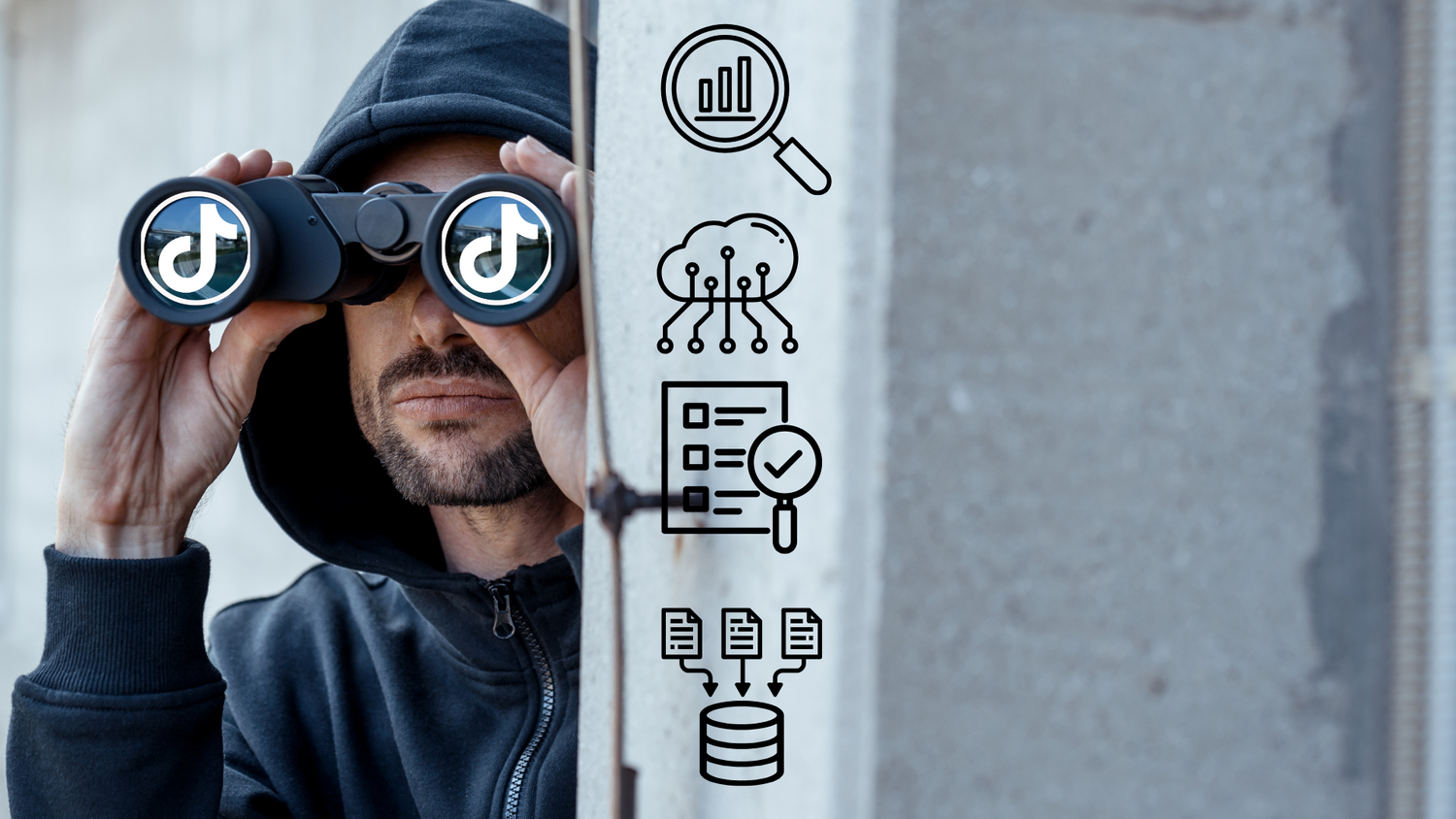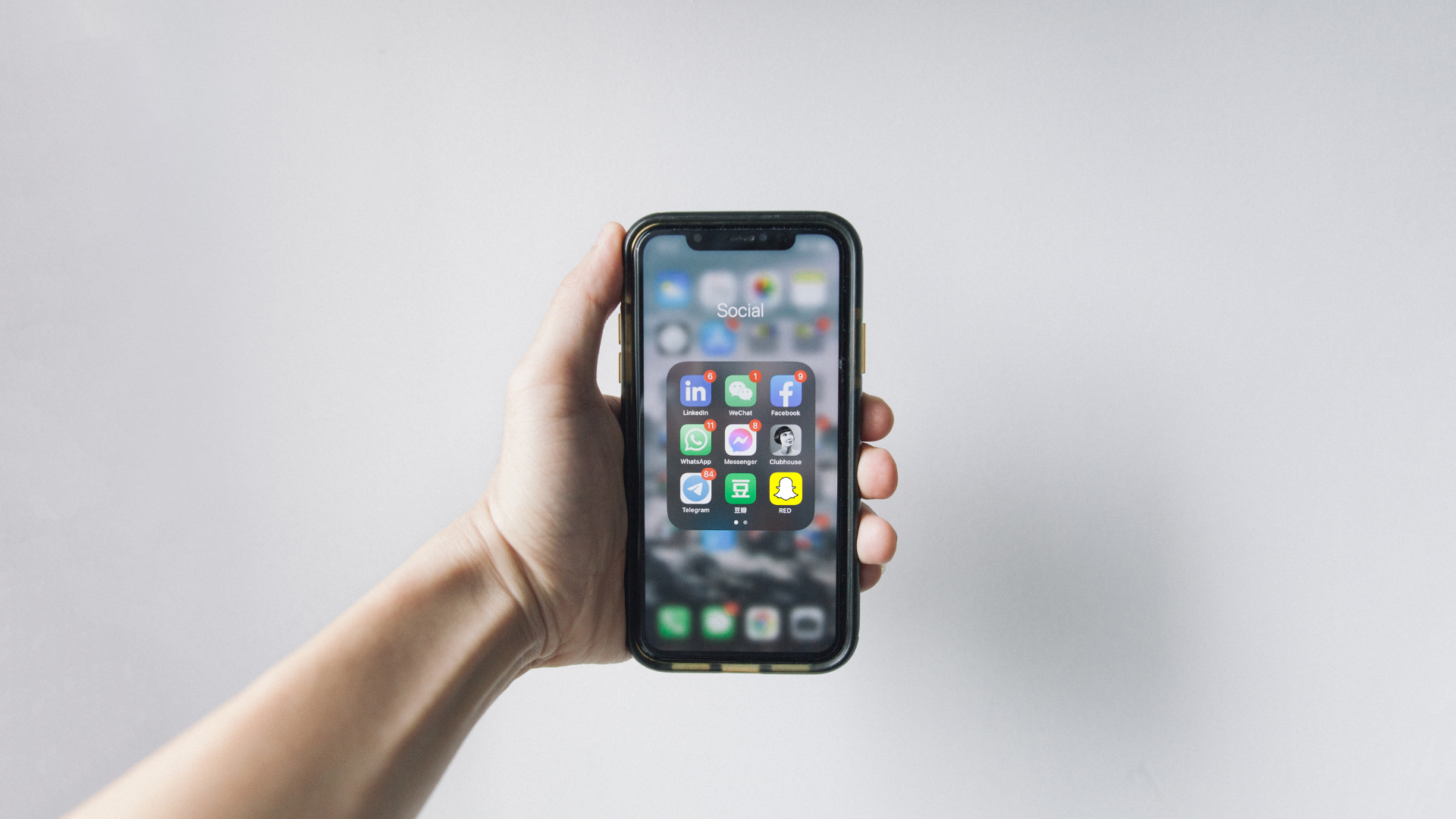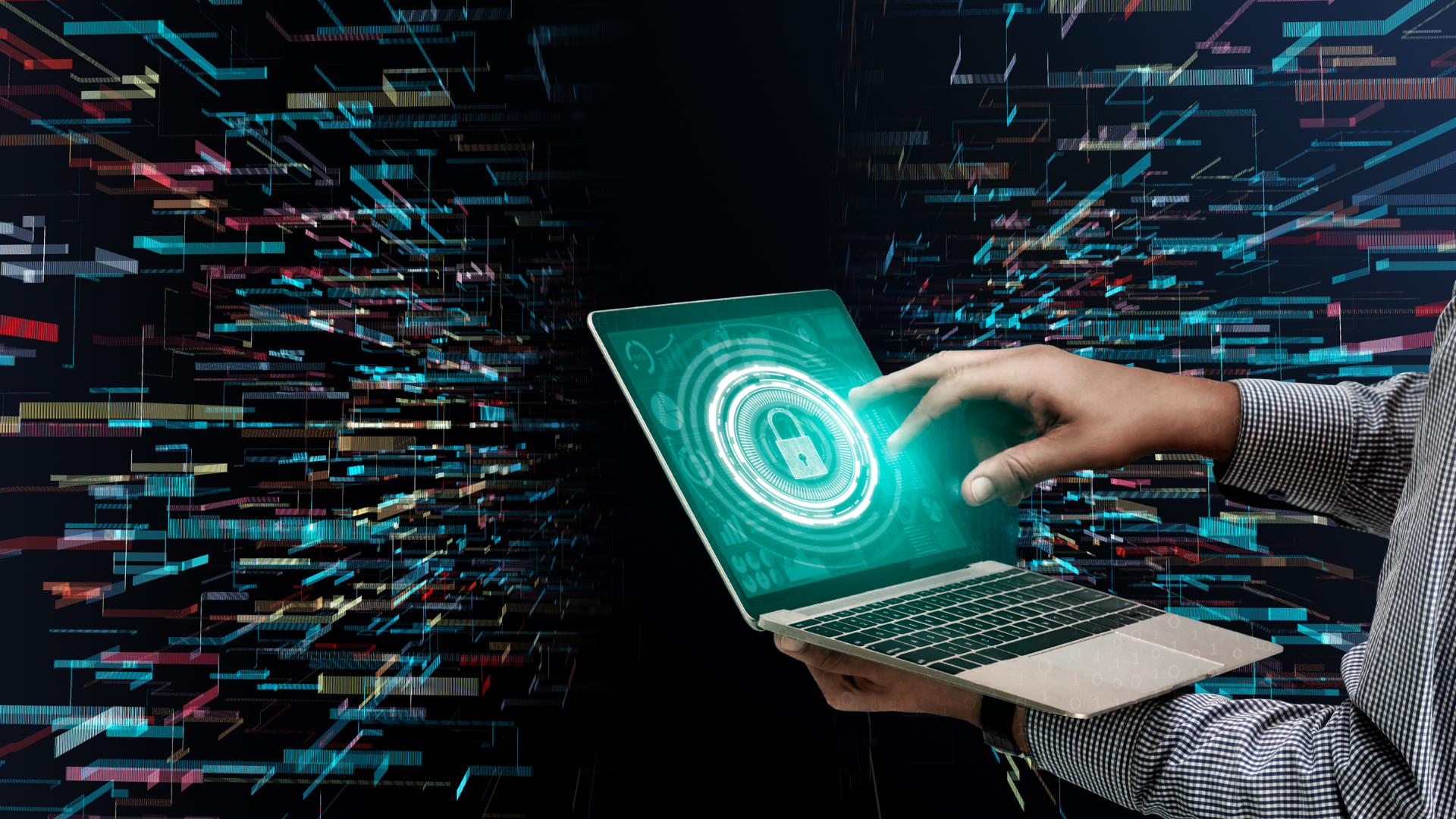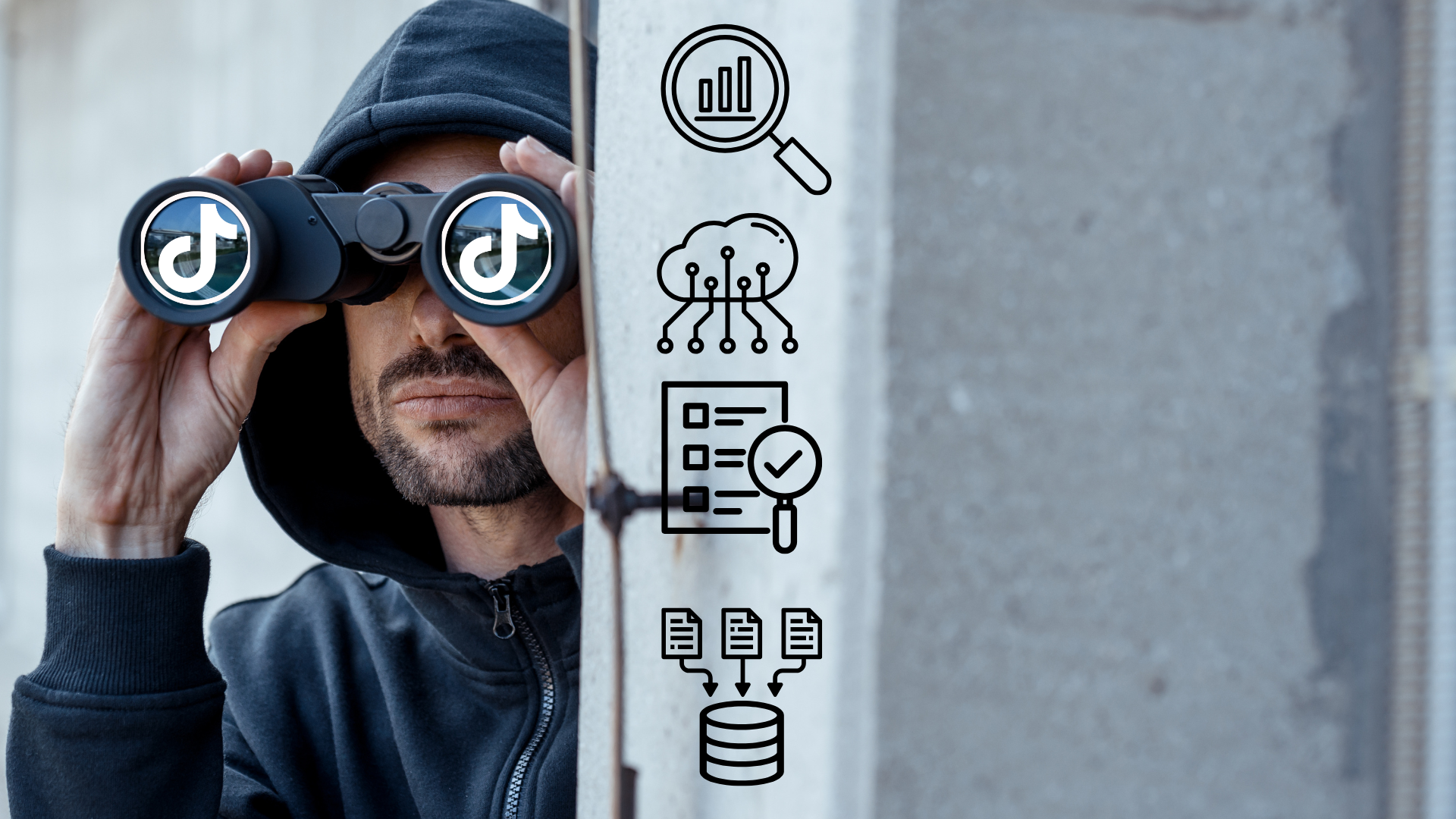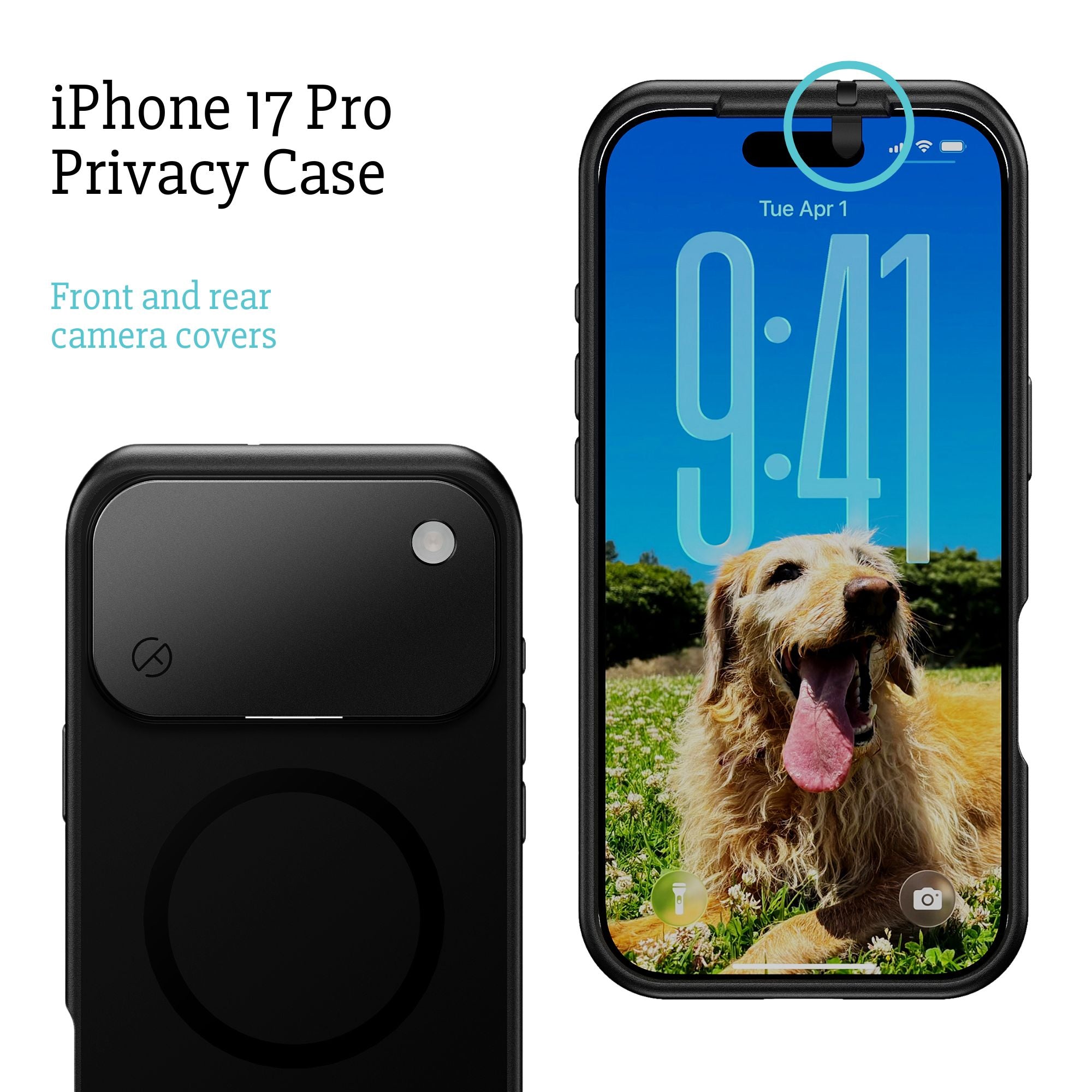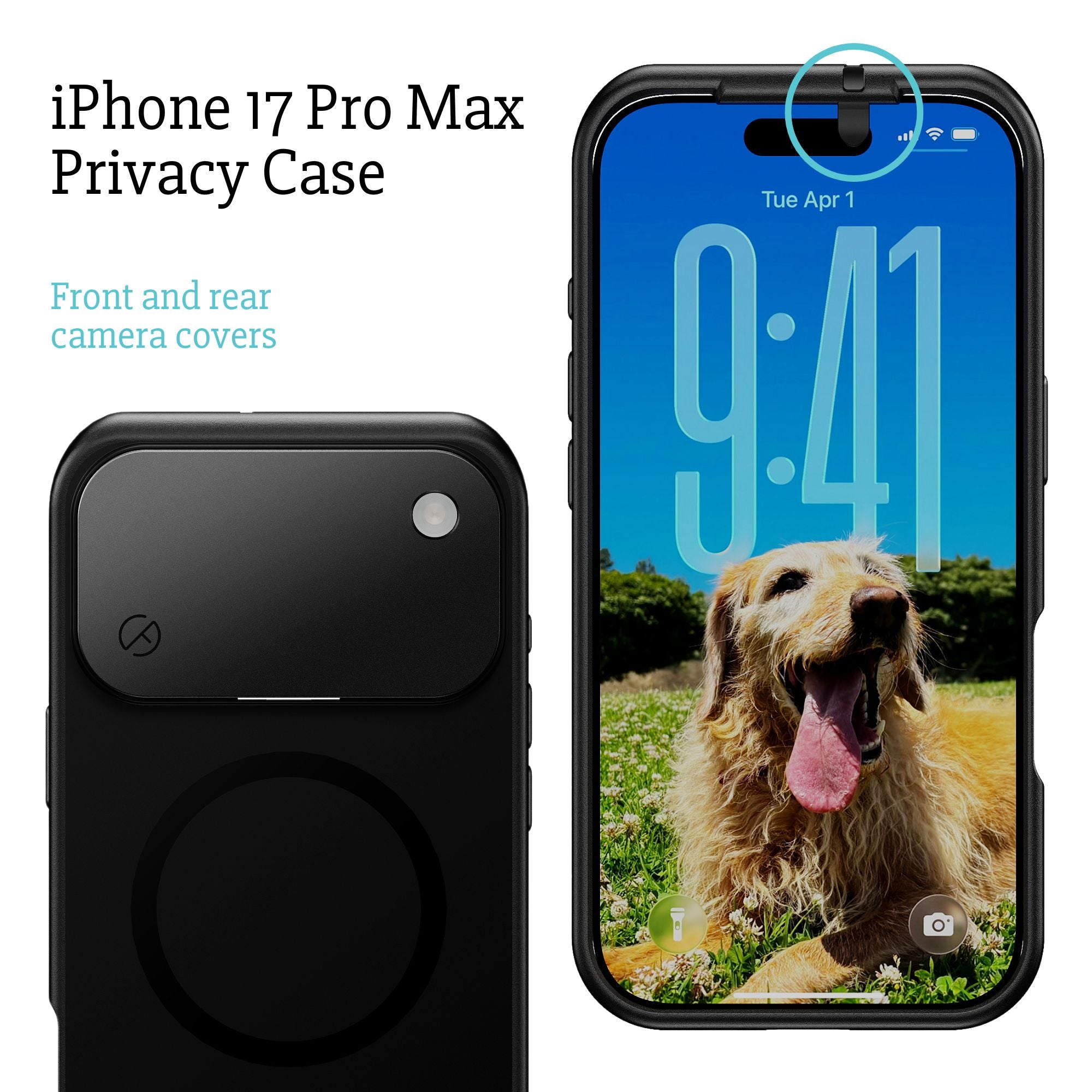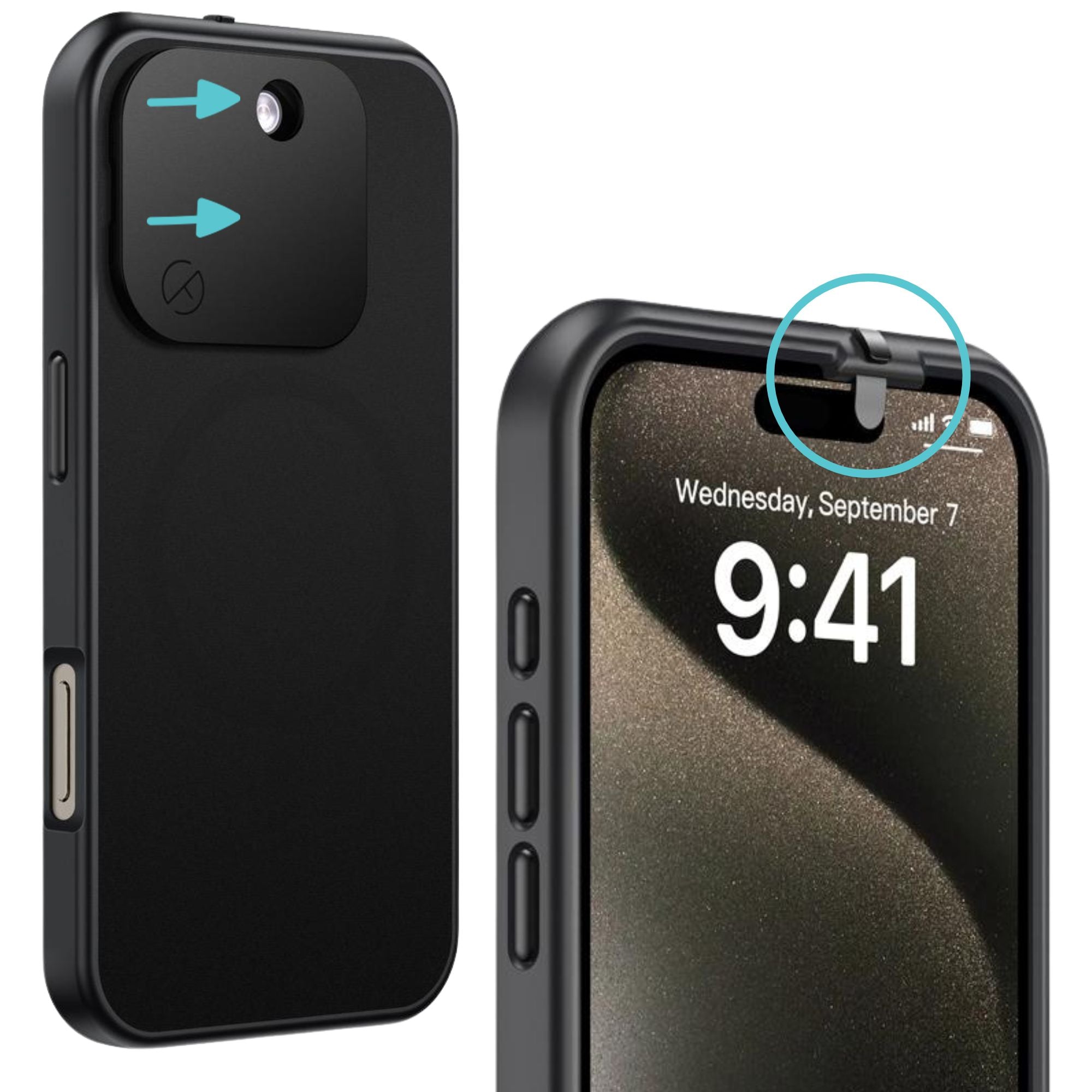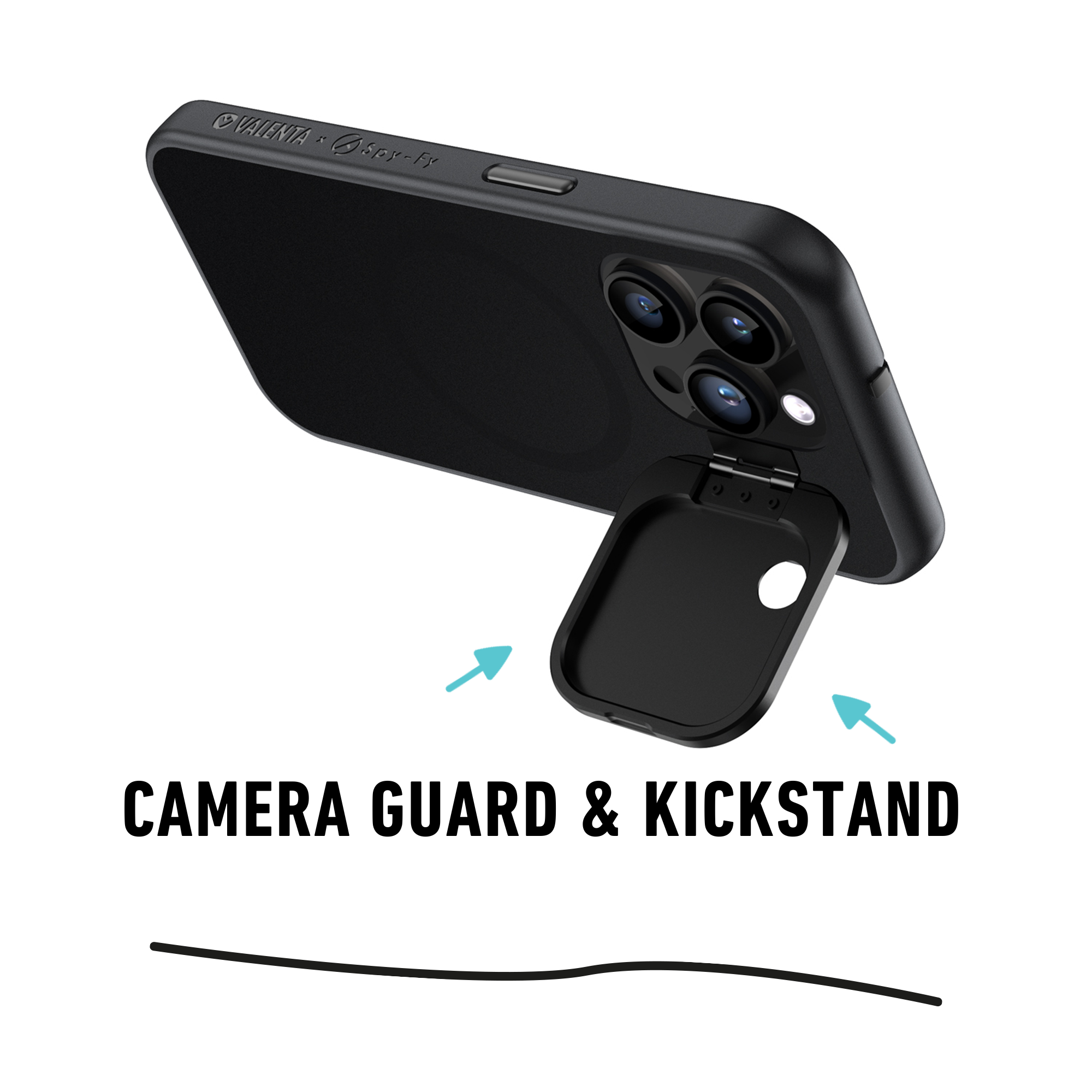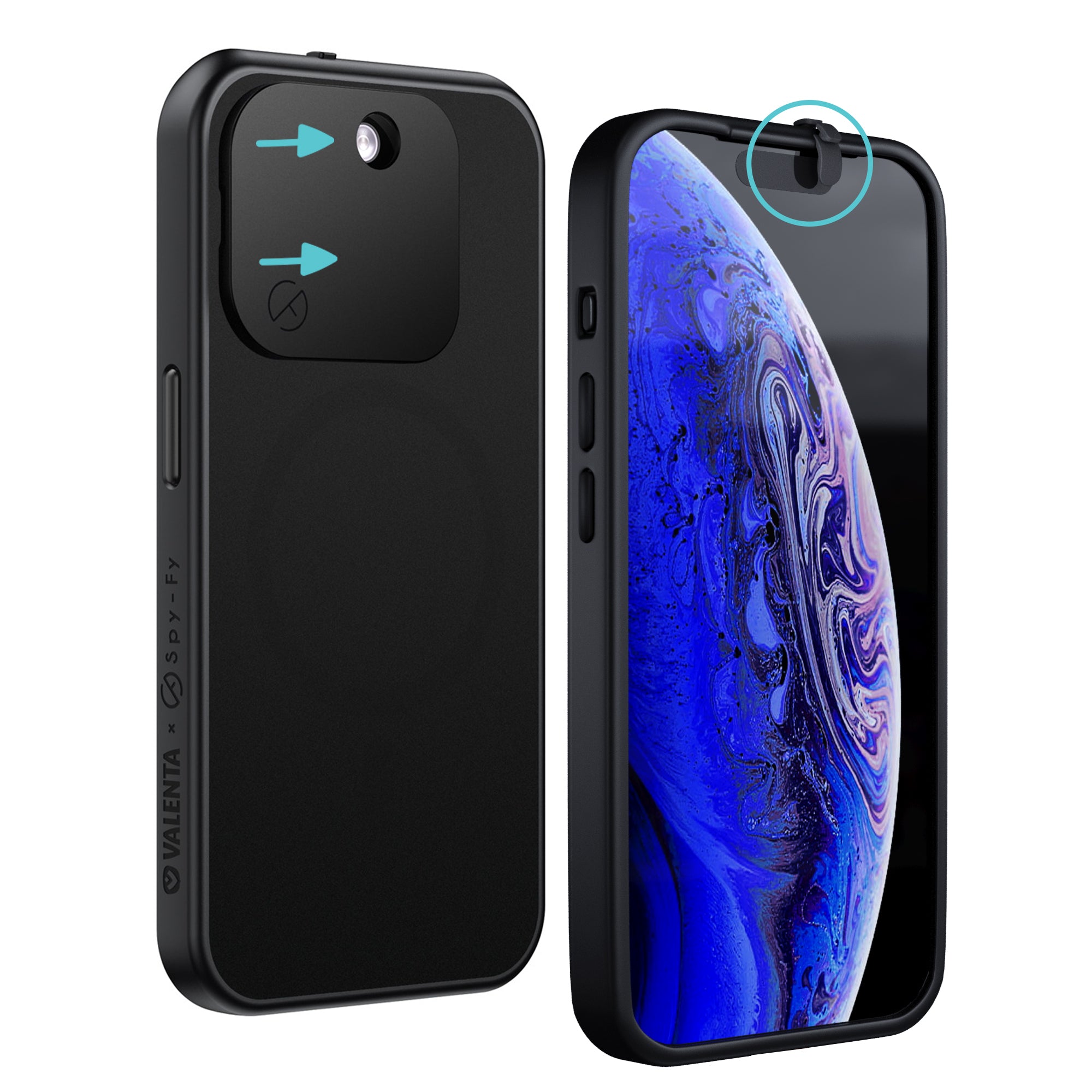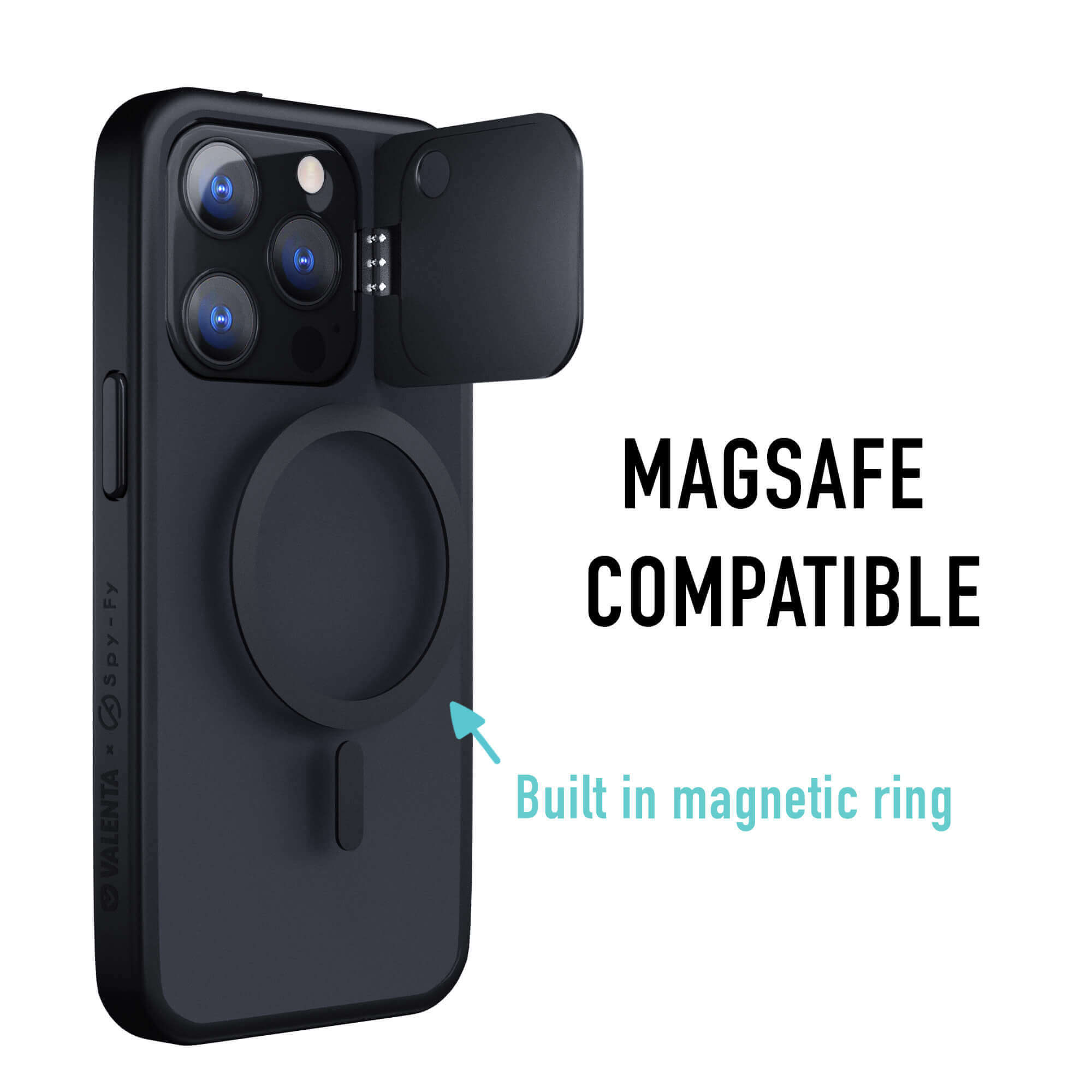If you've ever asked yourself, "Is China spying on me?"you're not alone. With growing concerns around apps like TikTok, facial recognition technology, and surveillance laws, more people are wondering what China does with your data. The answer is complex, but it's not out of reach. Let’s unpack what’s happening, why it matters, and how it might affect you. Even if you don’t live in China.
The legal setup: What China’s data laws actually say
Over the last few years, China has passed several major laws that shape how data is collected, stored, and potentially shared. These laws are supposed to protect privacy, but they also raise questions about government access.
Personal Information Protection Law (PIPL)
Think of PIPL as China’s version of Europe’s GDPR. It requires companies to ask for consent before collecting your data, to tell you why they’re collecting it, and to protect it. On the surface, this seems like a win for privacy. But there's a key difference: Chinese companies must comply with national intelligence requests. That means if the government wants access to data, even from a private company, they’re legally obligated to provide it.
So, when people ask, "Does China have access to TikTok data?" the short answer is: they could, if they want it.
Data Security Law (DSL)
The DSL focuses on protecting data that could impact national security. It forces some companies, especially those operating critical infrastructure, to store data in China. For foreign companies or platforms with Chinese users, that means their data might be more accessible to Chinese authorities.
It’s not just about protecting users; it’s about giving the government control over what information stays in the country and how it’s used.
New in 2025: Facial recognition and audits
China has become known for widespread use of facial recognition technology. In response to backlash, new regulations are coming into effect in June 2025. These require companies to get user consent before scanning your face and to collect only what’s necessary. But there’s skepticism about how these rules are enforced, especially when it comes to state use.
In May 2025, China also started requiring large companies to perform data protection compliance audits every two years. If a company processes data from more than 10 million people, it must examine its own practices to see if they align with China’s privacy laws. While this might sound like progress, the audits are internal so the public doesn’t really see what’s happening behind closed doors.
So, is China spying on America?
This question comes up a lot and it’s valid. From political hearings in the U.S. to tech bans and trade disputes, China’s digital presence is under a microscope.
Let’s be clear: there’s no public evidence that Chinese apps are individually monitoring Americans in real time. But there’s concern about how much data is being collected, where it goes, and what it might be used for in the future. That’s especially true when apps collect location data, voice inputs, contacts or browsing behavior.
TikTok, for example, has repeatedly claimed it stores U.S. user data outside China. But in 2023 and 2024, whistleblowers and investigations suggested that some engineers in China had access to U.S. data anyway. Even if unintentional, that raises the question: What does China do with your data once they have it?
What happens to your data?
Chinese tech companies, like any other, use data to improve services, run ads, and track performance. But what sets them apart is their legal obligation to work with the government.
So if your data is collected through a Chinese app or device, it could, in theory, be requested by authorities. This doesn’t mean every selfie or message is being watched, but your information could become part of a massive dataset used for profiling, prediction or political control.
The role of surveillance
China’s domestic surveillance system is among the most advanced in the world. Facial recognition cameras are everywhere. Social media is monitored. Citizens are scored on behavior through systems like the social credit program.
For foreigners, this type of surveillance usually doesn’t apply directly. But the same tools facial recognition, sentiment analysis and data scraping are built into platforms that are now used globally. That raises concerns about whether some of those capabilities are turned outward.
This is why terms like China surveillance and China spying on America keep trending. It’s not just fear, it’s a reflection of real questions about how technology works behind the scenes.
Is TikTok owned by China?
Yes. TikTok is owned by ByteDance, a company based in Beijing. That alone doesn’t prove wrongdoing. But it’s enough to make governments nervous. Because of China's national security laws, ByteDance may be forced to share data if requested, no matter what their PR team says.
This legal risk has led several countries, including the U.S., to ban TikTok from government phones. The logic: if there’s even a small chance that sensitive data could be exposed, it’s not worth it.
How to protect yourself
Whether or not you delete TikTok or stop using Chinese apps is a personal decision. But there are simple ways to reduce your exposure:
- Turn off permissions you don’t need (like microphone or location access).
- Use privacy tools like VPNs or encrypted browsers.
- Avoid logging into multiple services with the same account (like using Google to log into everything).
- Stay updated on which apps are linked to Chinese companies.
Being informed is your best defense. You don’t need to be paranoid, but you also don’t want to be naive.
Final thoughts
So, is China spying on you? Not exactly, but your data could still be swept up into a system that’s far less transparent than you’d like. If you use Chinese platforms, or work in an industry that handles sensitive information, it’s worth thinking carefully about where your data goes.
Key takeaway: It’s not about fear. It’s about awareness. Know what apps you use. Know what they collect. And know that sometimes, what feels like harmless scrolling could be giving someone else a very detailed picture of your life.
